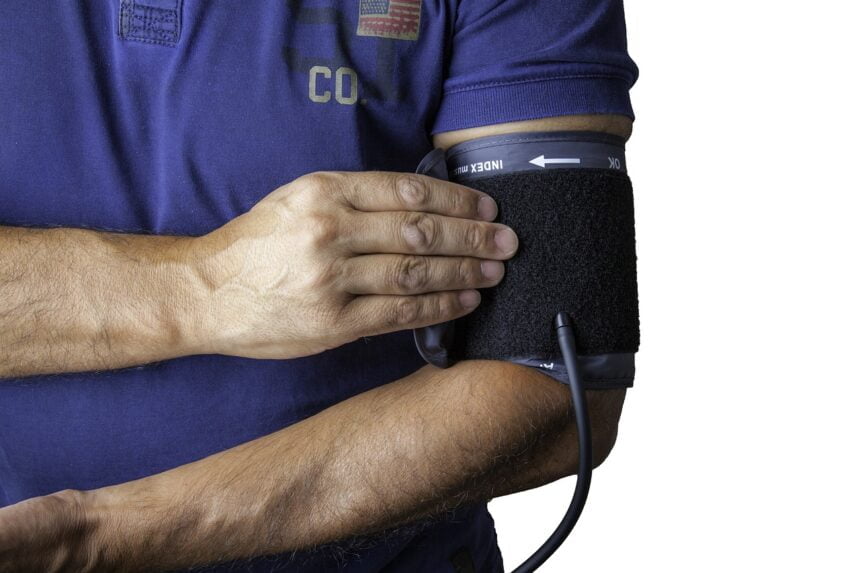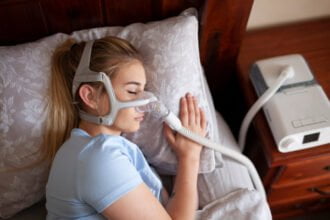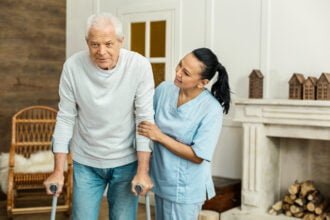Did you know that over 25 million people in the United States have varicose disorders? These problems are becoming more prevalent for a number of reasons.
Unfortunately, few topics are as misunderstood as vein issues, which means that they can be difficult to treat. Whether you are struggling with varicose veins, spider veins, or more serious conditions like deep vein thrombosis, the path to relief can seem shrouded in mystery. This article aims to demystify the process, offering clear, straightforward advice on recognizing symptoms, understanding treatment options, and where to find expert care.
Understanding Vein Health
Veins are crucial in our circulatory system, because they carry blood back to the heart. Problems arise when veins become damaged or weakened, which can lead to a number of issues that can range from cosmetic concerns to serious health risks.
Common Vein Issues
Here are some of the most common vein issues:
- Varicose Veins: Large, swollen veins often found on the legs. They can be painful and lead to feelings of heaviness or discomfort.
- Spider Veins: Smaller, colored veins that appear close to the skin’s surface, commonly on the legs and face.
- Deep Vein Thrombosis (DVT): A blood clot in a deep vein, usually in the legs, which can be life-threatening if not treated promptly.
UC Davis Health has a detailed overview of all of these vein problems if you would like to know more.
Symptoms to Watch For
As we mentioned in this article, there are a lot of dangers of varicose veins. You need to be aware of these symptoms:
- Swelling in the legs or ankles
- Pain or heaviness in the legs
- Changes in skin color around a vein
- Warmth in the area of the vein
Treatment Options
Treatment for vein issues ranges from lifestyle changes and self-care to medical procedures. The right approach depends on the severity of the condition and the individual’s health.
Lifestyle Changes and Self-Care
There are a lot of lifestyle changes that you can make to deal with varicose veins . These include:
- Exercise: Regular physical activity improves blood flow.
- Elevation: Elevating the legs can reduce swelling and discomfort.
- Compression Stockings: These can help improve circulation and relieve symptoms.
Medical Treatments
- Sclerotherapy: A solution is injected into the vein, causing it to collapse and fade.
- Laser Treatments: Light energy is used to seal off damaged veins.
- Surgery: In severe cases, surgery may be necessary to remove or repair veins.
Choosing the Right Specialist
For those seeking treatment, it’s crucial to choose a specialist with the expertise and experience to provide the best care possible. Vein specialists in Utah are renowned for their comprehensive approach to vein health, offering state-of-the-art treatments and personalized care plans.
Preventing Vein Issues
Prevention is always better than cure. Here are some tips to help prevent vein problems:
- Maintain a healthy weight to reduce pressure on your veins.
- Avoid standing or sitting for long periods.
- Wear loose-fitting clothes.
- Stay hydrated and eat a balanced diet.
Table: Comparing Vein Treatment Options
| Treatment Method | Description | Best For |
| Sclerotherapy | Injection that collapses vein | Spider veins, small varicose veins |
| Laser Treatments | Light energy seals off veins | Spider veins, small varicose veins |
| Surgery | Removal or repair of veins | Large varicose veins, severe cases |
Final Thoughts
Vein issues, while common, don’t have to be a part of your life. With the right knowledge and care, you can find relief and improve your quality of life. Remember, the first step towards treatment is recognizing the problem and seeking help from experts in the field.
Choosing a specialist who understands your needs and offers the latest treatments is crucial. For those in Utah, seeking out a vein specialist can be the key to finding the relief you’ve been searching for.










